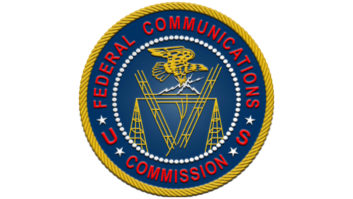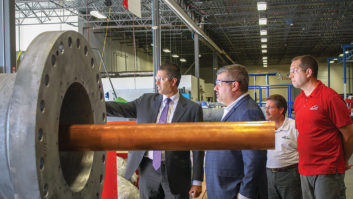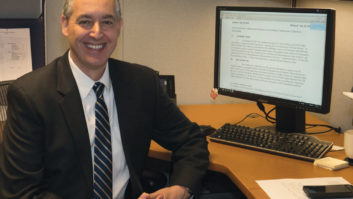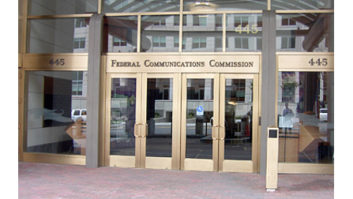LPFM rules and proposals released
Feb 1, 2008 12:00 PM, By Harry Martin
The full text of the Commission’s decision on its new LPFM rules was released in December along with details on the agency’s proposed rules for this fledgling service.
The news is generally good if you are an LPFM licensee, but bad for FM licensees who plan to make facilities changes that threaten displacement of an existing LPFM station.
The changes address a number of ownership and transferability questions. But the more controversial aspects are on the technical side. The Commission has afforded LPFM stations considerably greater protection from full-service stations than had previously been the case, and has proposed even more protection and regulatory flexibility that is advantageous to LPFM licensees.
Adopted changes
Ownership � Under the new rules, the FCC will permit LPFM licensees to change the composition of their boards using a short-form pro forma application even when changes are sudden and involve more than 50 percent of the board. The Commission will now permit LPFM stations to be assigned provided: the price is no more than the depreciated fair market value of the station’s physical equipment and facilities, the buyer is qualified to hold an LPFM license and the station has been owned and operated for at least three years. The Commission also has re-imposed the one-station limit on LPFM ownership and the requirement that station ownership be local.
Interference protection from later-authorized full-service stations � Subject to a complicated set of qualifications, an application for a new or modified full-service FM station (commercial or noncommercial) gets protection against any earlier-filed LPFM application (or earlier authorized LPFM facility) on the same channel, first-adjacent channel or IF channel to the full-service station. But this only applies if the interference from the LPFM is both predicted to occur and actually does occur within the full-service station’s 3.16mV/m contour or, the full-service station’s community of license or any area of the full-service station’s community of license that is predicted to receive at least a 1mV/m signal. Displacement of existing LPFM stations to accommodate move-ins by second-adjacent channel full-power station will be subject to restrictions that did not exist under the old rules.
Treatment of Translators � To assure that the 7,000 still-pending translator applications from the 2003 window do not impede the progress of LPFM, the Commission has imposed an after-the-fact cap of 10 on translator applications filed in the window.
Proposed changes
In the closing portion of its decision, the Commission solicits comments on the following technical proposals aimed at improving the viability of the LPFM service: codifying the interim procedure (alluded to above) for waivers of second-adjacent short-spacing rules to avoid displacement; requiring an encroaching full-power station to assume certain technical, financial and notice obligations if implementation of the proposal could impact an LPFM station; replacing the current mileage separation allocation rules for LPFM with a contour overlap scheme similar to that used for translators; and revisiting the co-equal status of translators vis-�-vis LPFM in the FCC’s allocations hierarchy.
Dateline
April 1 is the deadline for submission of biennial ownership reports by radio stations in Delaware, Indiana, Kentucky, Pennsylvania and Tennessee.
On April 1, radio stations with more than 10 full-time employees located in Indiana, Kentucky or Tennessee must electronically file their Broadcast EEO Mid-Term Reports (Form 397) with the FCC.
Also on or before April 1, radio stations in the following states must place their annual EEO Reports in their pubic files: Delaware, Indiana, Kentucky, Tennessee, Texas and Pennsylvania.
Martin is a past president of the Federal Communications Bar Association and a member of Fletcher, Heald & Hildreth, Arlington, VA. E-mail[email protected].












